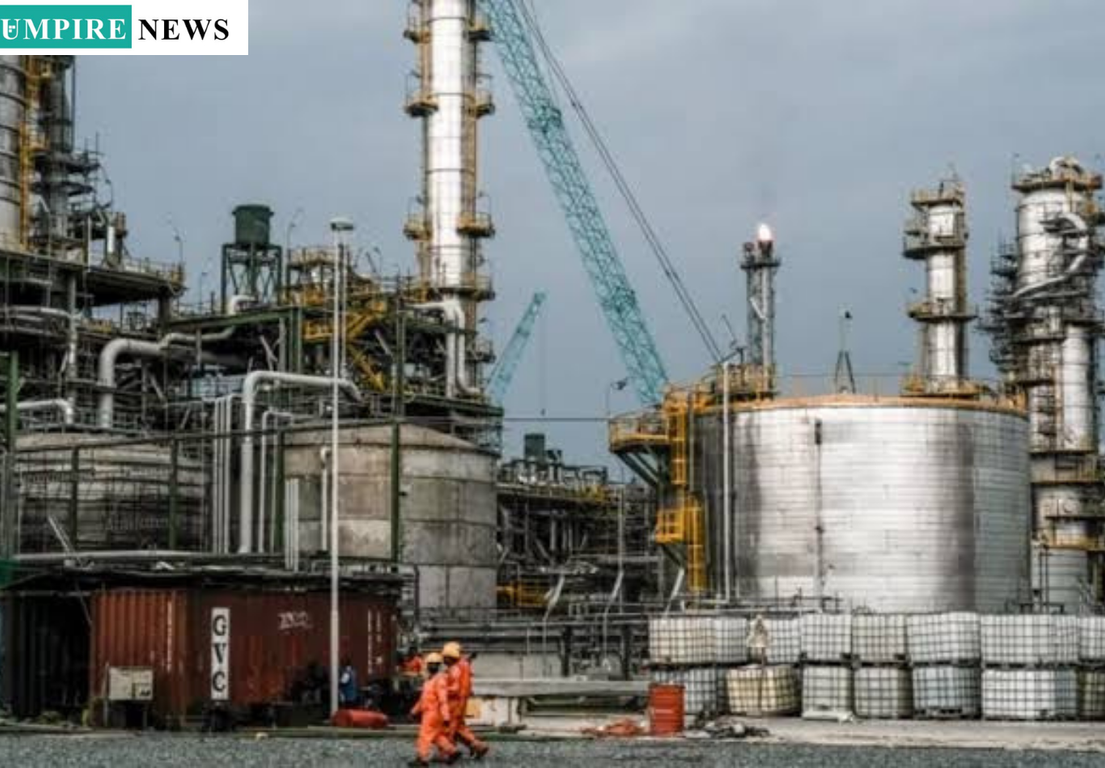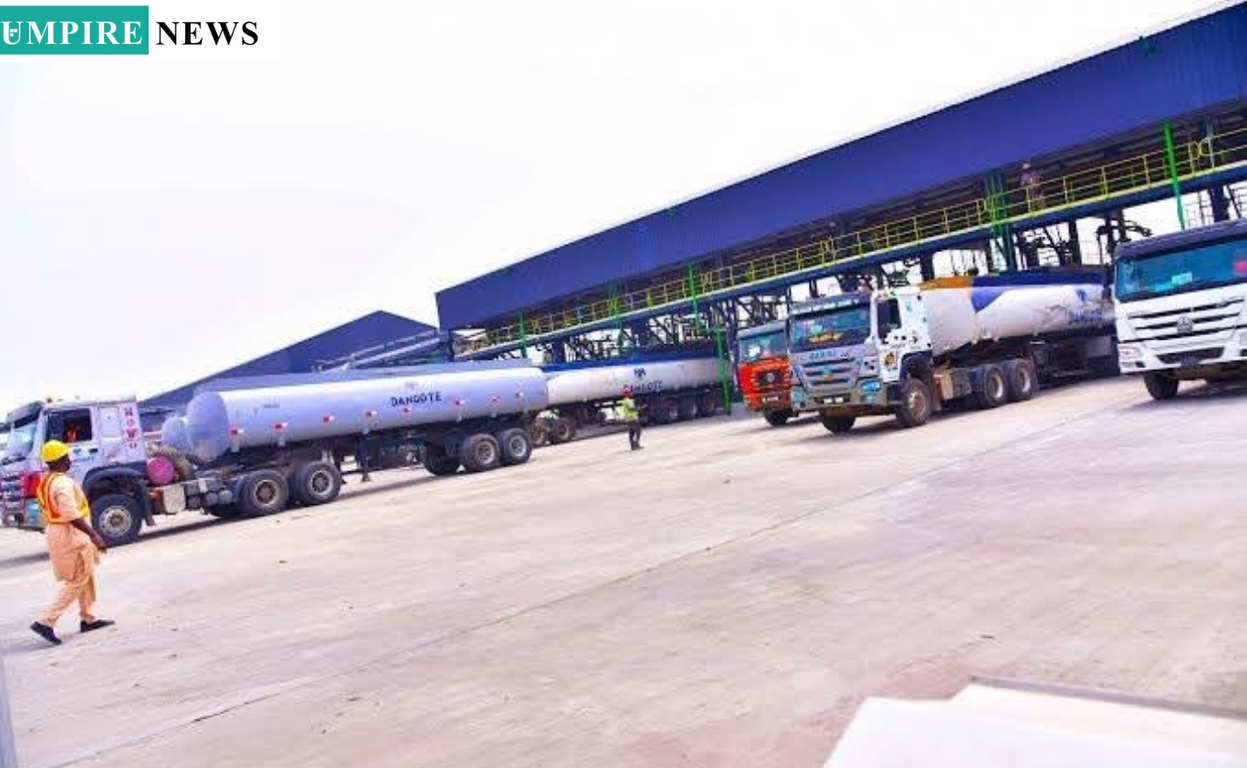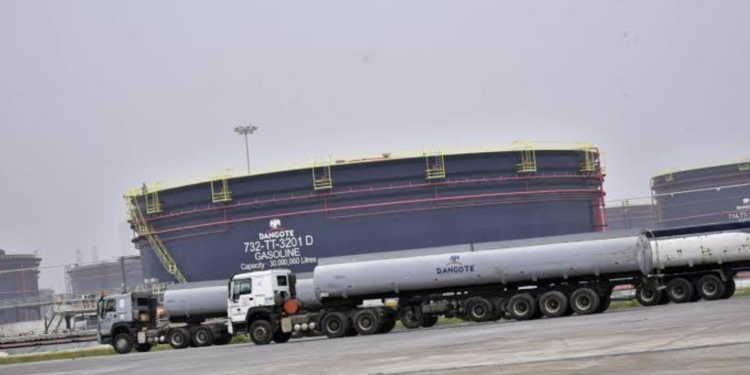The federal government has officially confirmed the commencement of crude oil sales to local refiners in naira, raising hope among Nigerians for a potential decrease in fuel prices.
However, experts in the field have expressed mixed sentiments regarding this development, cautioning that the public should temper their expectations.
Wale Edun, the Minister of Finance and the Coordinating Minister for the Economy, announced this significant move in a recent statement.
This initiative follows a directive from President Bola Tinubu to facilitate the sale of crude oil to Dangote in naira, a strategic decision aimed at reducing the cost of premium motor spirit (PMS), commonly referred to as petrol.
Previously, Dangote had launched petrol products from its massive 650,000-barrel refinery located in Ibeju-Lekki, Lagos. However, many Nigerians were left disappointed when the introduction of these products did not result in a reduction in PMS prices.

The Nigerian National Petroleum Company Limited (NNPCL) set the price for Dangote’s petrol at N950 per litre in Lagos, claiming that it had acquired the product at N898 per litre from Dangote.
In response, Dangote refuted these claims, asserting that petrol prices would decrease further with the initiation of crude oil sales in naira from NNPCL.
In his statement, Minister Edun confirmed, “Nigeria has officially commenced the sale of crude oil and refined petroleum products in Naira.” He elaborated that this initiative began on October 1, 2024, in accordance with the directive from the Federal Executive Council (FEC).

Moreover, the Minister mentioned that “Following a meeting of the Implementation Committee, Chaired by the Honourable Minister of Finance and Coordinating Minister of the Economy to conduct a post-commencement review of the Crude Oil and Refined Products Sales in Naira initiative, the commencement of this strategic initiative was affirmed by key stakeholders.”
This significant move by the Bola Tinubu administration is anticipated to have a profound and lasting impact on Nigeria’s economy, fostering growth, stability, and self-sufficiency. It aims to navigate the complexities of global markets and position Nigeria for success in the years ahead.
Dr. Ayodele Oni, an oil and gas industry analyst, shared his insights, predicting that this development could alleviate pressure on the naira by approximately 40%.
He stated, “I am of the view that it would reduce the pressure on the Naira by around 40% and could generally keep the Naira a bit more stable. In terms of pricing, I don’t see a lot of difference unless crude prices go down or the government provides some form of subsidy.”
On the other hand, Emeka Onyegbule expressed skepticism regarding the potential for significant reductions in fuel prices.
He cited the high cost of production in Nigeria, noting, “The cost of production in Nigeria is probably the highest in Africa. I really don’t see anything happening unless we want Dangote to sell at a cost-recovery price. I don’t expect something manufactured in Nigeria to be cheaper than the one manufactured in Europe.”
As the federal government initiates this new strategy, the outcomes of these decisions remain to be seen, with both opportunities and challenges ahead for the Nigerian economy and its citizens.
































